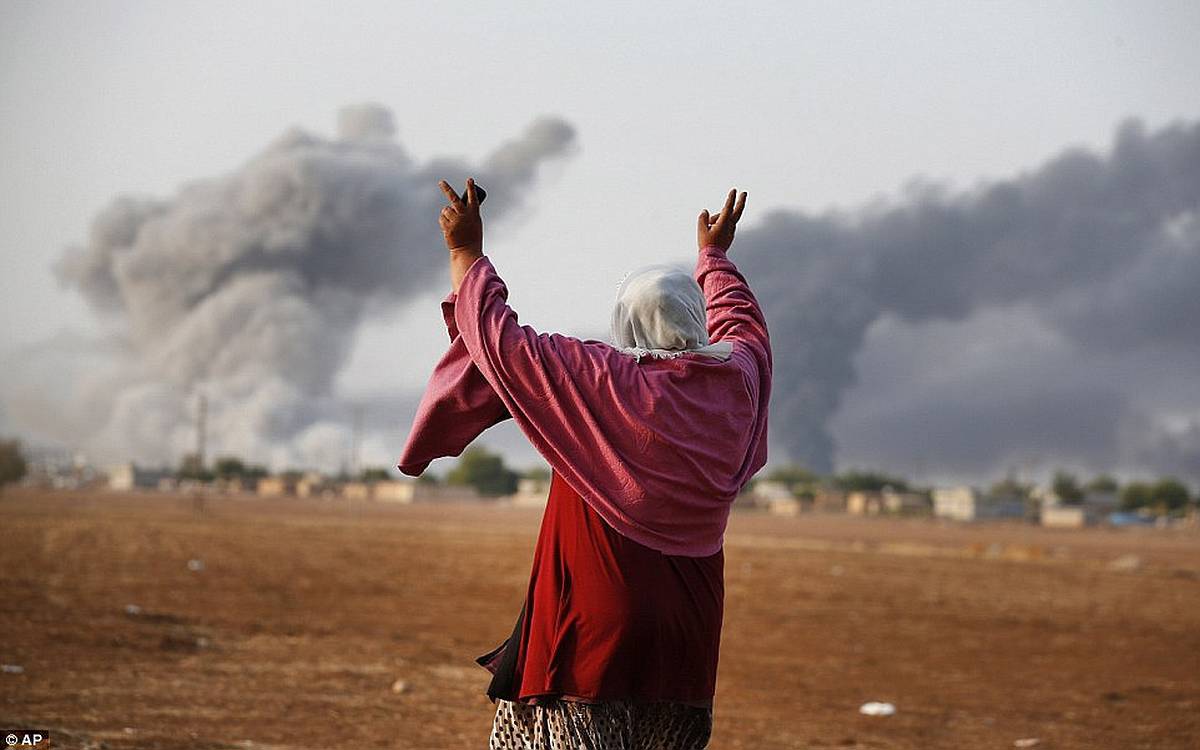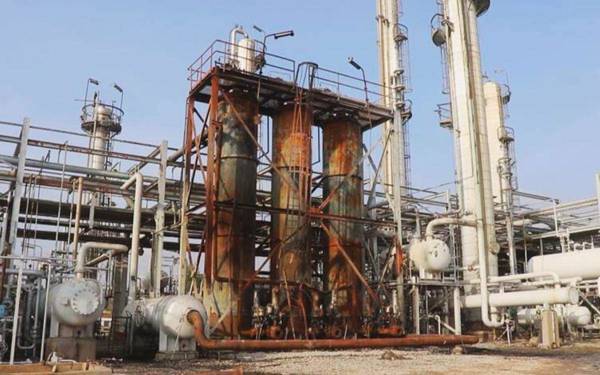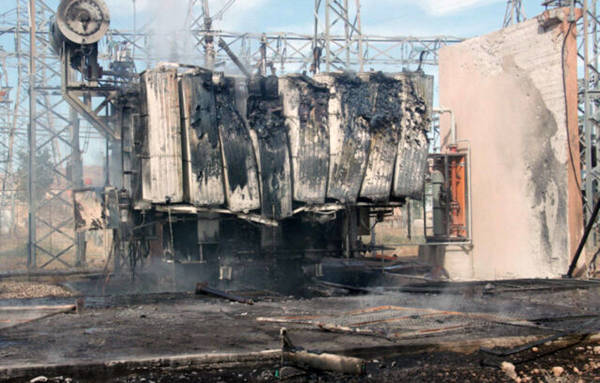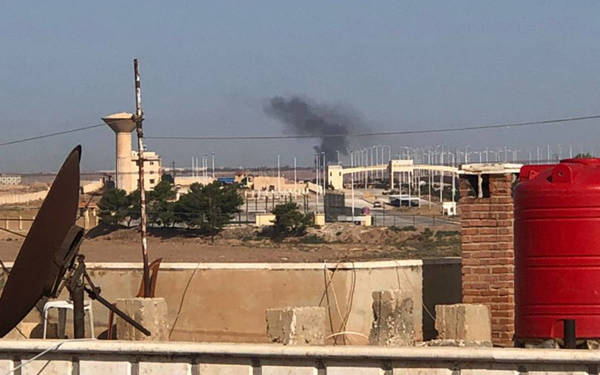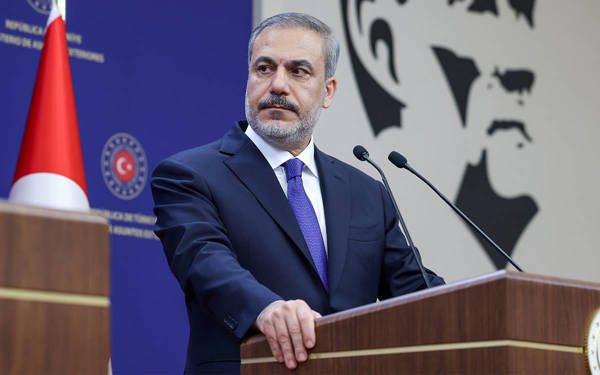The Human Rights Association (İHD) made a statement regarding the November 1 World Kobanî Solidarity Day.
The statement was made at the association's headquarters in Ankara and was attended by İHD officials and members.
In the statement, the significance of November 1 was emphasized, and the following expressions were included:
"On November 1, World Kobanî Day was declared with the call of thousands of people, including Nobel Peace Prize laureates, academics, intellectuals, writers, and representatives of civil society organizations.
We all remember that on September 15, 2014, the organization known as ISIS besieged the city of Kobanî, committing major human rights violations, oppression, and persecution.
The Kurdish people resisted against ISIS's attack for 134 days, and on the 134th day, Kobanî was liberated from the aggressors. Great suffering was endured during these 134 days, .
ISIS members who entered Kobanî and its villages with their vehicles fired upon women, children, and all civilians. In every house they entered, they mercilessly slaughtered many defenseless people. All of this happened before the eyes of the world.
As human rights advocates, we salute the 134-day resistance of the Kurdish people against ISIS. We once again express our desire for peace and democracy worldwide. Happy World Kobanî Day."
Where is Kobanî, what happened in 2014?
Kobanî, located within the borders of Syria, is approximately 15 kilometers away from the center of the Suruç district in Urfa. It is situated right after the Mürşitpınar border crossing.
During the Syrian civil war, Kobanî came under the administration of the armed wing of the Democratic Union Party (PYD), the People's Protection Units (YPG), on July 19, 2012.
To the east of Kobanî, there is Cizîri, and to the west, there's Afrin.
Afrin is adjacent to Hatay and Kilis in Turkey, while Cizîri shares its border with Mardin and Şırnak. The region is referred to as "Rojava," which means "Western Kurdistan."
Rojava is governed by a constitution known as the "Social Contract," which is based on democratic principles and human rights.
The contract is defined in its first article as follows: "The Social Contract of the Democratic Autonomous Cantonal Administration (Cizîrê, Kobanê, and Afrin) is a social contract. It is stated in the contract that Cizîrê Canton is a joint canton where Kurds, Arabs, Assyrians, Armenians, and Chechens, as well as followers of Islam, Christianity, and Yazidi beliefs, live together."
The administration enforces a 40% quota for women's participation. Kurdish, Arabic, and Syriac are recognized as official languages. However, the teaching of all other languages in the region has also been mandated.
But the region was a target for ISIS. ISIS launched its first attack on Kobanî on July 2, 2014. After attacking Shingal and carrying out a massacre against the Yazidis on August 3, 2014, ISIS again targeted Kobanî on September 15, 2014.
After months of resistance against ISIS, Kobanî was liberated from the terrorist organization on January 26, 2015, after 134 days.
To show solidarity with this resistance, the European Union Turkey Civic Commission (EUTCC) and the Peace Camping Initiative decided to declare November 1 as World Kobanî Day with the call for a "global mobilization against ISIS, for Kobanî and humanity."(RT/PE)





